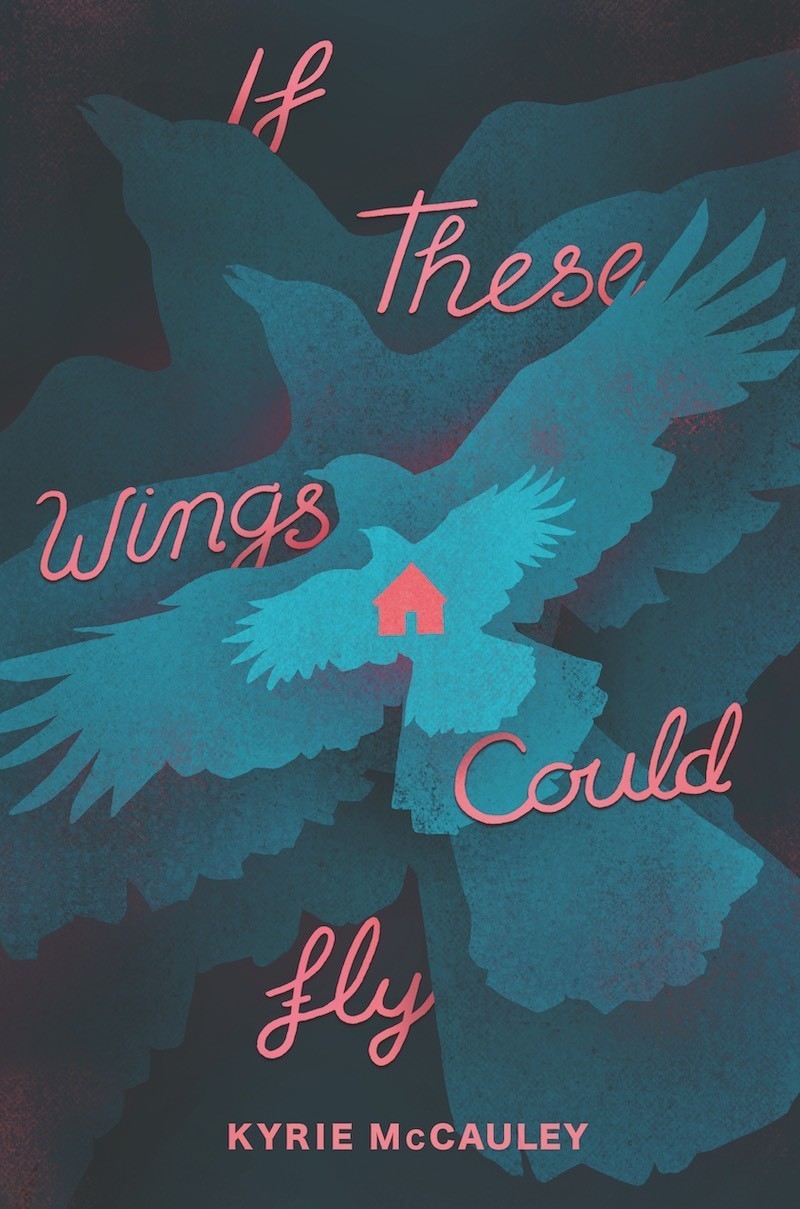Chapter 62
byChapter 62 of If These Wings Could Fly opens with a reflective moment about a house that has stood for generations, originally constructed by the speaker’s paternal grandfather. This ancestral connection evokes questions about the true essence of the house itself—was it merely built from timber, nails, and bricks, or does it carry something deeper, something tied to the emotional weight of its creators? The speaker contemplates whether their grandfather’s character, neither entirely evil nor wholly good, might still echo within the walls of the house. The implication is that the emotions, actions, and intentions of those who create things can often be embedded within the objects themselves, leaving traces that can shape the environments around them. The house, in this case, becomes more than just a building; it transforms into a symbol of family history and the emotional residues left by its inhabitants. The legacy of the grandfather, even in his absence, could still linger in the very fabric of the house, suggesting that the spaces we inhabit are often filled with the energy and emotions of those who came before us.
This reflection on the house and its ties to the past leads the speaker to consider the potential impact of their grandfather’s anger on not just the home but possibly even the entire town. The idea that emotions can seep into the very foundation of a structure is further explored through the speaker’s memory of Campbell’s notion of “magic.” In this context, the “magic” refers to the unsettling power that the house holds, much like a haunted structure in a ghost story, where the emotions and unresolved issues of previous occupants can manifest in tangible ways. This idea of the house being a vessel for the grandfather’s anger lends an eerie quality to the environment, one that is filled with fear and tension. Instead of offering comfort or a sense of safety, the house, much like the grandfather, is protective of the anger and emotional pain that has been passed down, creating an atmosphere of oppression rather than refuge. The contrast between the desire for the house to offer protection and its role in preserving the negative aspects of family history creates a deeper sense of unease, suggesting that sometimes the places we call home carry with them the emotional weight of generations, shaping our experiences without us even realizing it.
As the chapter progresses, the speaker explores the seductive idea of being free from the consequences of one’s actions, a concept that resonates deeply in a family environment weighed down by emotional turmoil. The speaker imagines what it would be like to live without guilt or responsibility, indulging in desires without fear of the repercussions. However, as the reflection deepens, it becomes clear that such freedom might come at a great cost—namely, the distortion of moral judgment and the blurring of lines between right and wrong. The exploration of this idea ties back to the house, which is not just a shelter but a vessel containing the legacies of past generations. The actions and choices of the grandfather and those before him seem to have left an indelible mark on the family and the home they live in. The haunting presence of the past is felt deeply within the walls of the house, where guilt, legacy, and unresolved emotional conflicts continue to shape the present. This connection between the house and the ancestral actions highlights how the emotional fabric of previous generations can seep into the lives of the living, influencing decisions, behavior, and even the way we perceive freedom and morality. The chapter, thus, opens up a complex dialogue about how the emotional weight of our ancestors, both in terms of guilt and legacy, can shape the way we view the world and ourselves, emphasizing the lasting impact of history on the spaces we inhabit and the choices we make.

